Description
PSE4801 Assignment 1 Memo | Due 15 May 2025. All questions answered. SHORT ORIENTATION QUESTIONS
1. African philosophy and education
1.1 Define African philosophy. (5)
1.2 Explain why Waghid and Higgs (2017) adopted the view of “mutual attunement”. (5)
2. Pragmatism and education
2.1 Show how “experience” of pragmatism has been challenged by pragmatists such as Rorty. (5)
2.2 Name a former educator whom you consider to be a pragmatist in his or her teaching approach and explain why. (5)
2.3 Distinguish between “knowledge by acquaintance” and “knowledge about something”. (5)
28
3. Rationality and education
3.1 Write a short paragraph in which you argue why critical thinking (rationality) can/should be fostered in learners. (5)
3.2 Discuss practical rationality as the “ability to stand back from one’s initial judgement…” (MacIntyre, 1999). (5)
3.3 Refer to page 34 of your prescribed textbook and indicate how educators and learners can, by implementing critical thinking, “release [their] imagination”. (5)
PSE4801/101/0/2025
29
4. Phenomenology and education
Give your philosophical understanding of the following:
4.1 Existentialism (5)
4.2 Curriculum interpretation as a phenomenological enquiry (5)
5. Hermeneutics and education
5.1 Discuss why language is part of the dialogical process of encountering the world. (5)
5.2 Show your understanding of hermeneutics as an educational experience. (5)
6. Systems theory and education
Give your philosophical understanding of the following:
6.1 Chaos theory (5)
6.2 Complexity theory (5)
6.3 Explain the differences between systems theory and complexity theory. (5)
7. African feminism and education
7.1 Alkali et al (2013:248) argue that “feminism is anchored in the problems of inequality and unfairness …”. To what extent do you agree with this statement? (5)
7.2 “African feminism is characterised by situational positing” (Shanyanana & Divala, 2017). Briefly examine the statement. (5)
8. Critical theory and education
8.1 Comment on the concept of critique as indispensable to critical theory. (5)
8.2 Emancipation is critical to critical theory. Comment on the statement. (5)
8.3 Write a paragraph in which you discuss how critical theory can influence teaching and learning. (5)
TOTAL: [100 marks]PSE4801 Assignment 1 Memo | Due 15 May 2025. All questions answered. SHORT ORIENTATION QUESTIONS
1. African philosophy and education
1.1 Define African philosophy. (5)
1.2 Explain why Waghid and Higgs (2017) adopted the view of “mutual attunement”. (5)
2. Pragmatism and education
2.1 Show how “experience” of pragmatism has been challenged by pragmatists such as Rorty. (5)
2.2 Name a former educator whom you consider to be a pragmatist in his or her teaching approach and explain why. (5)
2.3 Distinguish between “knowledge by acquaintance” and “knowledge about something”. (5)
28
3. Rationality and education
3.1 Write a short paragraph in which you argue why critical thinking (rationality) can/should be fostered in learners. (5)
3.2 Discuss practical rationality as the “ability to stand back from one’s initial judgement…” (MacIntyre, 1999). (5)
3.3 Refer to page 34 of your prescribed textbook and indicate how educators and learners can, by implementing critical thinking, “release [their] imagination”. (5)
PSE4801/101/0/2025
29
4. Phenomenology and education
Give your philosophical understanding of the following:
4.1 Existentialism (5)
4.2 Curriculum interpretation as a phenomenological enquiry (5)
5. Hermeneutics and education
5.1 Discuss why language is part of the dialogical process of encountering the world. (5)
5.2 Show your understanding of hermeneutics as an educational experience. (5)
6. Systems theory and education
Give your philosophical understanding of the following:
6.1 Chaos theory (5)
6.2 Complexity theory (5)
6.3 Explain the differences between systems theory and complexity theory. (5)
7. African feminism and education
7.1 Alkali et al (2013:248) argue that “feminism is anchored in the problems of inequality and unfairness …”. To what extent do you agree with this statement? (5)
7.2 “African feminism is characterised by situational positing” (Shanyanana & Divala, 2017). Briefly examine the statement. (5)
8. Critical theory and education
8.1 Comment on the concept of critique as indispensable to critical theory. (5)
8.2 Emancipation is critical to critical theory. Comment on the statement. (5)
8.3 Write a paragraph in which you discuss how critical theory can influence teaching and learning. (5)
TOTAL: [100 marks]

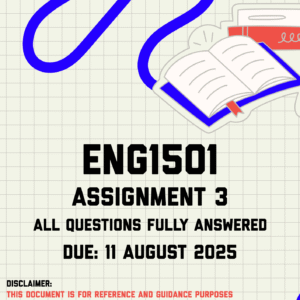





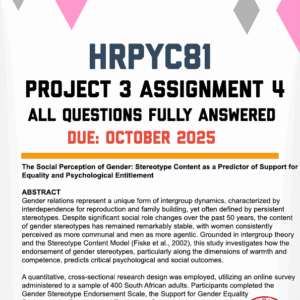


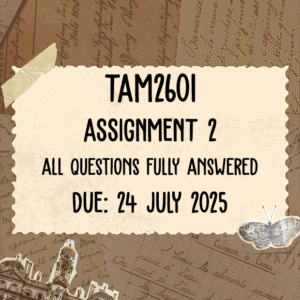



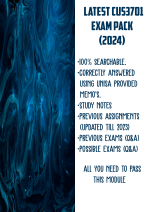
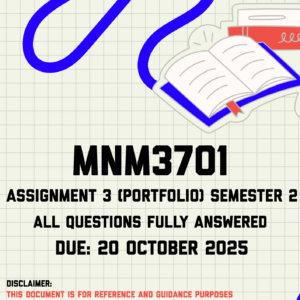

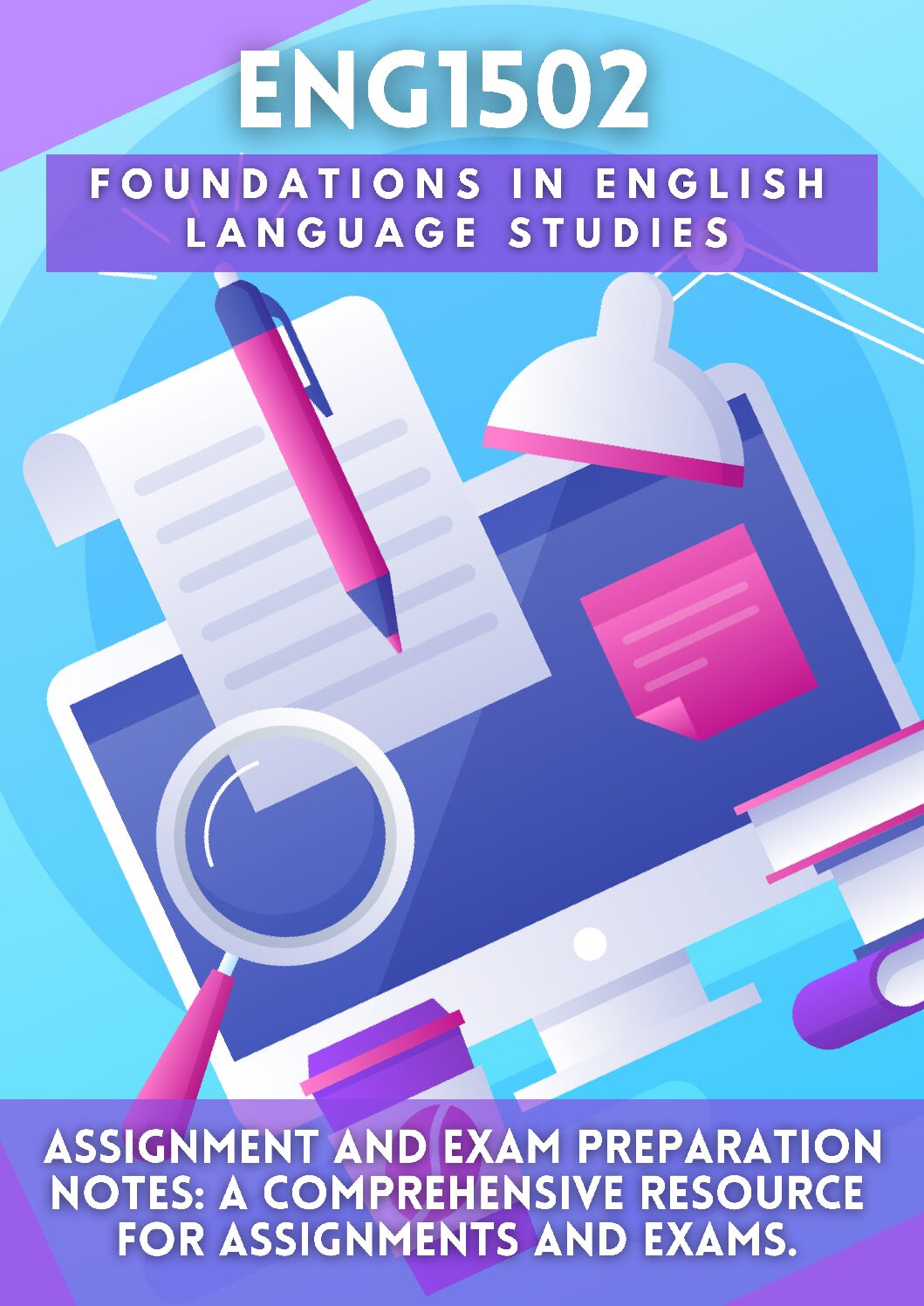

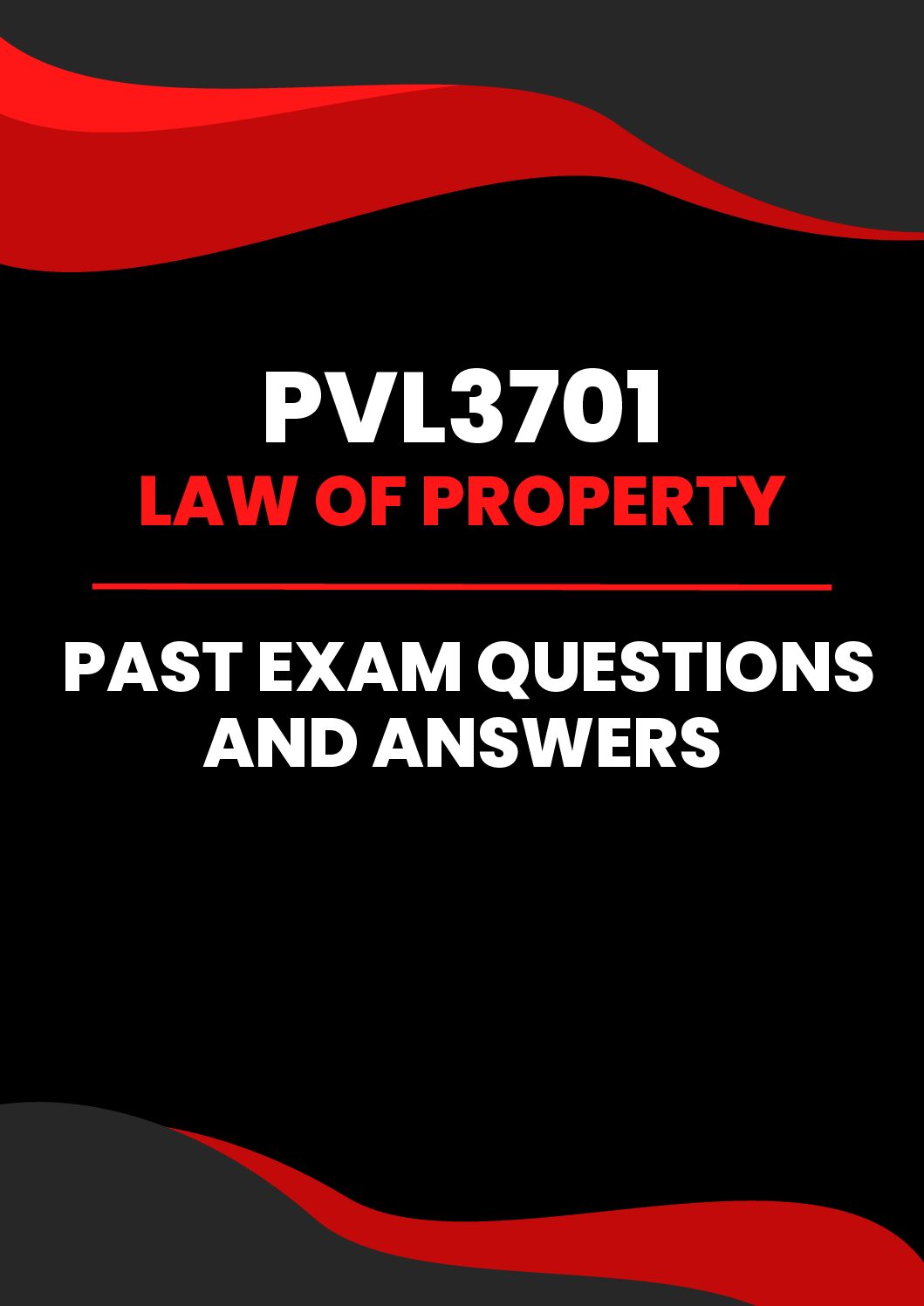
Reviews
There are no reviews yet.